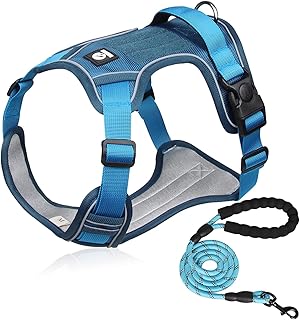French bulldogs, pugs, and other short-nosed dog breeds have captured the hearts of dog lovers, with Frenchies reigning as America’s favorite breed since 2023. Despite their chronic health issues, these breeds charm owners with their cute faces and playful nature.
A recent study suggests that short noses may influence the behavior of these breeds, but factors like body size and owner care also play crucial roles. Short-nosed dogs are often described as interactive and friendly, making frequent eye contact with humans and responding well to gestures.
Researchers from Eötvös Loránd University delved into whether these positive traits stem from head shape or good training. Their study involving over 5,000 dogs revealed that while short-nosed breeds may exhibit calmness and boldness, proper training is essential to bring out these traits.
Owners of short-nosed dogs are typically young women who spend a lot of time with their pets. The study found that factors like age, training, and living conditions influence a dog’s behavior more than just head shape. Small size and lack of training can lead to behavioral issues, despite innate positive traits.
Further analysis showed that the trainability of short-nosed dogs is primarily influenced by body size and training, rather than head shape. However, certain behaviors like calmness and poor recall response are directly linked to head shape, suggesting a genetic predisposition.
Biologist Enikő Kubinyi explains that the brain structure of short-nosed dogs differs, potentially affecting their behavior. While these breeds naturally exhibit calmness and low reactivity, training remains crucial to bring out their best traits, even in social settings like the dog park.
Despite their innate characteristics, short-nosed breeds require consistent training to showcase their positive traits effectively. Factors like body size, training, and owner care all contribute to a dog’s behavior, emphasizing the importance of proper training for all breeds, including flat-faced dogs.
Understanding the interplay between genetics, training, and behavior sheds light on the unique personalities of short-nosed dog breeds. While their head shape may influence certain traits, it is the combination of training and care that ultimately shapes their behavior and interactions with humans.
📰 Related Articles
- Study Reveals Impact of Epidermal Cysts in Head Region
- Study Reveals Pre-Stitch Impact of Fast Fashion on Environment
- Study Reveals Poly(A) Tail Impact on Gametogenesis Dynamics
- Study Reveals Metal Lyrics’ Intellectual Depth and Impact
- Study Reveals Liquid Biopsy’s Impact on Cancer Treatment Decisions






